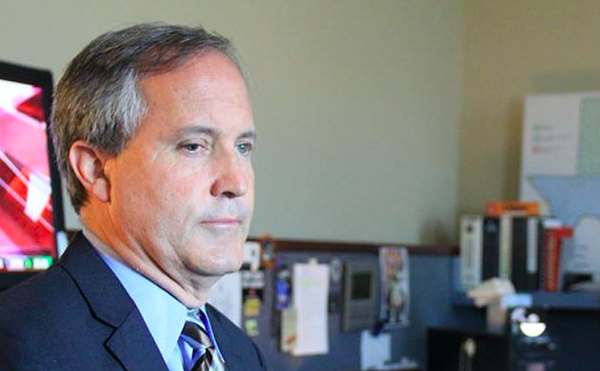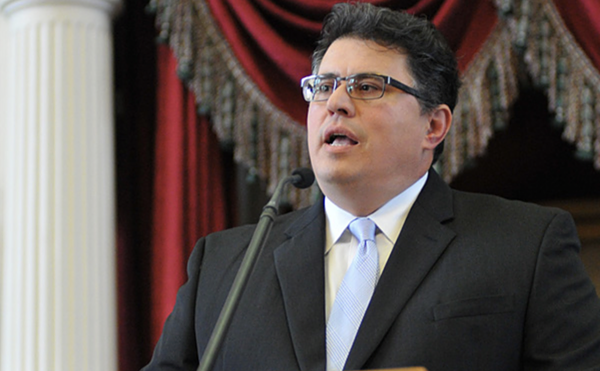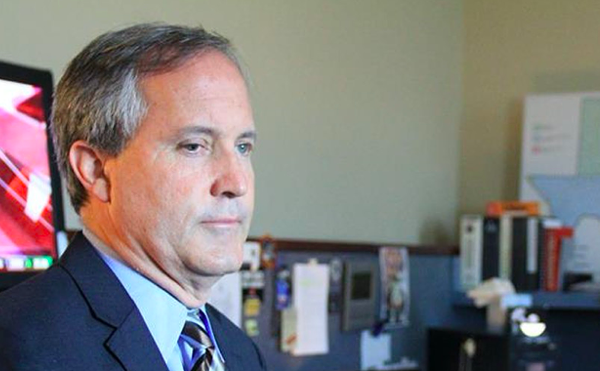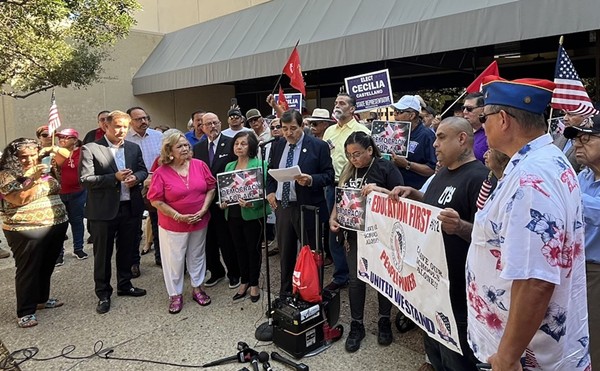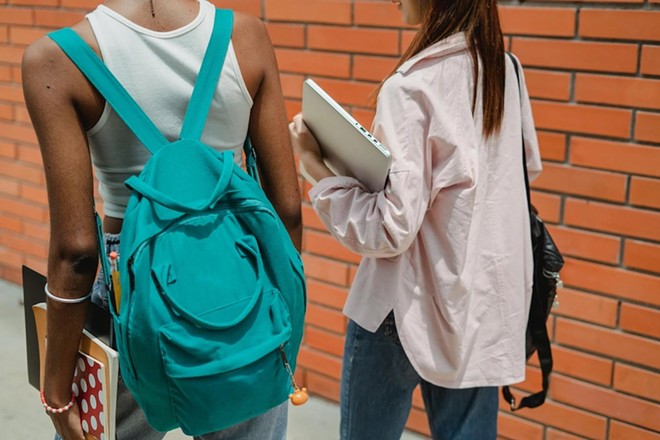
University Health data indicates a continuing spike in COVID-19 infections in San Antonio. The hospital district tallied 621 positive tests for the week ended Aug. 11, a considerable uptick form the 167 it recorded over the same time period six weeks prior.
Earlier this month, the Centers for Disease Control and Prevention named Texas as one of the 32 states in which COVID-19 infections are growing or likely growing.
With schools reopening soon, local higher-ed institutions said they're taking measures to keep students, faculty and staff safe as COVID-19 cases rise.
"The Alamo Colleges District continues to follow the latest CDC guidelines,” the five-campus district said in an emailed statement. “Moving beyond the exclusive focus on the COVID-19 pandemic, our operational strategies now address a broader spectrum of respiratory viruses.”
Alamo Colleges offers an online list of current protocols for respiratory viruses on its website under the “Better. Safer. AlamoTOGETHER.” tab.
For its part, Trinity University is focused on providing education to students, faculty and staff about isolating when sick to prevent the spread of the virus. People who are sick with any type of contagious illness should stay home from school and work until they are fever-free for 24 hours without the aid of fever-reducing medications and until symptoms improve, said Dr. Marcy Youngdahl, Trinity's campus physician.
"Students can best protect themselves from COVID-19 and other respiratory viruses ... by washing their hands — particularly before meals — remaining up to date with the COVID-19 vaccination series, and getting proper sleep and nutrition to optimize immune system performance," Youngdahl added.
Similarly, San Antonio public school districts have established precautions on their campuses. Barry Perez, assistant superintendent of communications for Northside ISD, said a clean environment is essential to keeping infections in check.
“Our custodial crews work daily to clean and disinfect all high-traffic areas and hard surfaces in an effort to help combat the spread of COVID and other illnesses such as the flu,” Perez said. “We also encourage frequent hand washing with soap and water and do make hand sanitizer available in key locations in the school.”
Mutating virus
Jason Bowling, director of hospital epidemiology with University Health and professor at UT Health San Antonio, attributes the spike to the virus's constant mutation.
"These strains acquire a combination of mutations that allow it to get around our antibodies, [which is] the response that our body gets after we've had infection or a vaccine," Bowling said in a video news release.
The summer season’s rise in leisure activity also contributed to the spread, Bowling added.
"There's more people traveling, more people are gathered together indoors, and then lastly, we're about that time frame where we're several months out from the respiratory virus season in the winter, and so a lot of people's natural immunity is probably a little bit lower," he said.
While new COVID-19 variants are more transmissible, people are continuing to have the classic symptoms that are now associated with infection: sore throat, nasal congestion, cough, fatigue, headache and the loss of smell and taste.
In response to the evolving virus, an updated COVID-19 vaccine is expected to be released between late August and September, according to Bowling.
Beginning July 31, University Health pharmacies temporarily paused administration of the 2023-2024 COVID-19 vaccine in preparation for the new vaccine formula expected in the fall.
Limiting risk
The CDC recommends that everyone six months and older receive this updated 2024-2025 COVID-19 vaccine, which better targets the currently circulating strains. This development process for new COVID-19 immunizations is akin to that of the annual flu vaccine, which is formulated each year to match the most anticipated strains.
Beyond getting the vaccine, medical experts recommend other precautions for limiting the spread of the virus, especially if heading back to crowded conditions on a college, university or other school campus. University Health’s Bowling recommended the following tips to avoid contracting the virus or spreading it to others:
- Do a risk calculation for your risk factors, especially for people over 50 with underlying medical illnesses or who take medicines that impair the immune system.
- Wear a mask if you go to a crowded indoor space with limited ventilation.
- Stay home and take a test if you have symptoms associated with COVID-19.
Follow us: Apple News | Google News | NewsBreak | Reddit | Instagram | Facebook | Twitter| Or sign up for our RSS Feed





